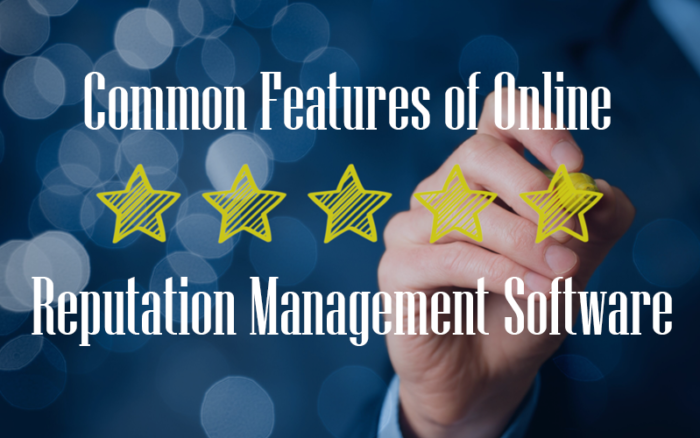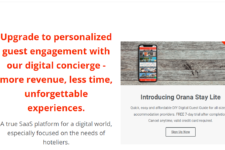The world has transformed into a digital village. Most businesses now allow customers to shop online and leave reviews. As a result, customers can now read online reviews of a product or service before purchasing it. So, how do you take advantage of these reviews as a business? Online reputation management software is the solution. If you need clarification on whether your company requires this, let’s dive in to find out.
What Exactly Is Online Reputation Management Software (ORM)?
An excellent reputation is essential for business growth. When a brand receives positive feedback, more users recognize and purchase more. On the other hand, bad reviews give a company a bad reputation, and no one will buy from that firm. ORM, or Online Reputation Management software, is vital for any business looking to grow its brand online.
This software uses technology to search for brand mentions on social media and review sites. If the software discovers a new review, it notifies the business owner via text or email. You can then illustrate these reviews on your website or respond to them as appropriate. The ORM software, like any other software, has several critical components, encompassing:
Social Media Monitoring
The ORM you select must include social media monitoring. This monitoring entails tracking and analyzing conversations on social media channels. These discussions assist businesses in better understanding their customers, competitors, and industry. The exercise provides invaluable insights that will help you improve your marketing strategy, content creation, product development, and customer service.
What people say about your company helps you build a business reputation. Monitoring social media platforms lets you learn what your previous, current, and potential clients think of you. Most ORM software includes a central dashboard that allows you to view and respond to online reviews while remaining within the app.
Review Requests
The more reviews you have as an e-commerce business, the better. When you send a customer a review request, you ask them to leave a review about your company based on their experience. The request can be made through the following:
- Your website’s reviews page Email
- Social media platforms where you can ask for reviews by sending a direct message or writing a post
- Your websites thank you pages
- On your bills or receipts
Competitor Analysis
You can conduct a manual competitor analysis by visiting your competitor’s social media pages or website. Moreover, by taking this approach, you risk missing out on critical information. This feature investigates the competition’s market share, features, pricing, weaknesses, strengths, culture, and customer feedback.
Your ORM should be able to conduct a comprehensive competitor analysis. This analysis will be beneficial because it will provide valuable insights into what people say about your competitors. These insights can be used to develop marketing strategies that will primarily give you a competitive advantage.
Email Alerts
The perfect ORM should notify you via email whenever your brand is mentioned. It should give you access to all brand mentions on blogs, social media platforms, podcasts, news sites, videos, and reviews such as Yelp. These mentions enable you to respond to any allegations and, if necessary, do damage control. Your company’s online reputation is critical. It would be beneficial to keep track of what past, current, and potential customers have to say about your company, whether positive or negative.
Sentiment Analysis
Sentiment analysis helps to detect the emotional state of a text. Businesses use this technique to see and understand customer sentiment in social platform data. Sentiment analysis is a reputed Natural Language Processing (NLP) technique for determining the nature of data. NLP determines whether the data is positive, negative, or neutral.
The ORP software delivers sentiment analysis on textual data to assist you in monitoring customer feedback sentiments about your product or service. This function can also detect emotions such as anger, sadness, happiness, urgency, etc. Depending on how you prefer to interpret customer queries and feedback, you can tailor and define your specific categories on the software to meet your needs.
Excellent Customer Support
You want a tool that functions well for you and provide excellent customer service when you need it. When you first install the software, you will require assistance until you can navigate the app independently. If an error occurs, you must have 24-hour support that can jump into action to resolve the problem. Customer service should be available via chat, phone, email, or text.
Integration with Third-Party Tools
The ORM software should work with any third-party tools you already have. You should not need to download any additional plugins or apps to use the ORM. The software should be compatible with popular website builders such as Shopify, Squarespace, and WordPress.
Final Take
The World Wide Web transformed the way we do business. No company wants negative feedback or online reviews. An unsatisfied customer is hazardous to your reputation. Online reputation management software can assist you in responding quickly to negative reviews. You can also use positive reviews to increase the credibility of your brand.





